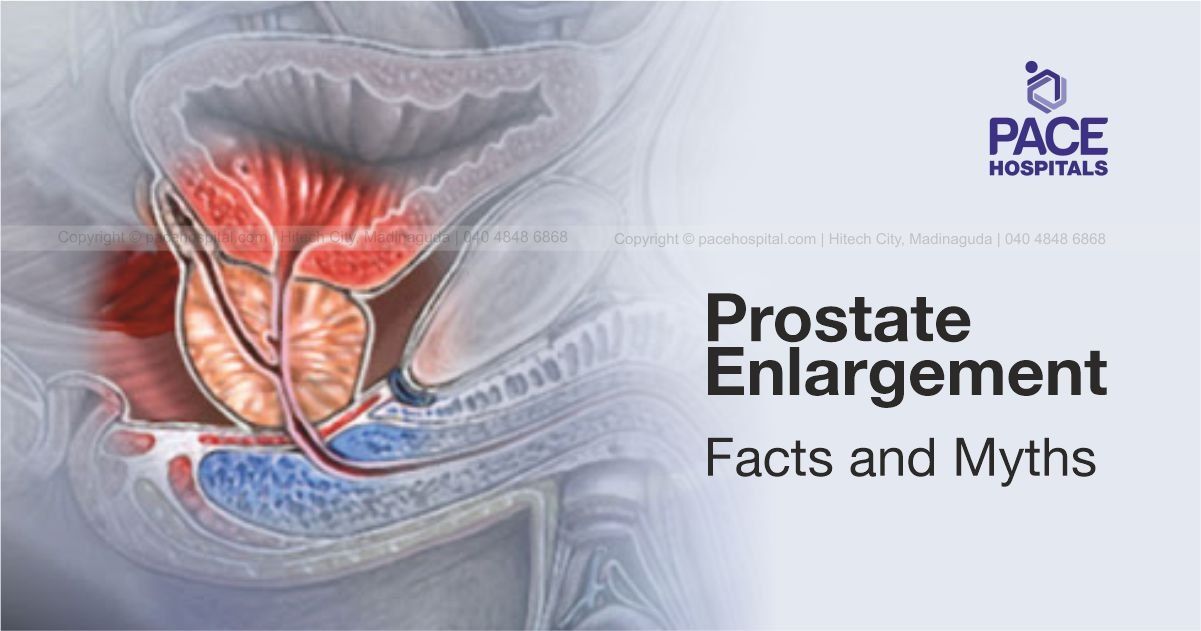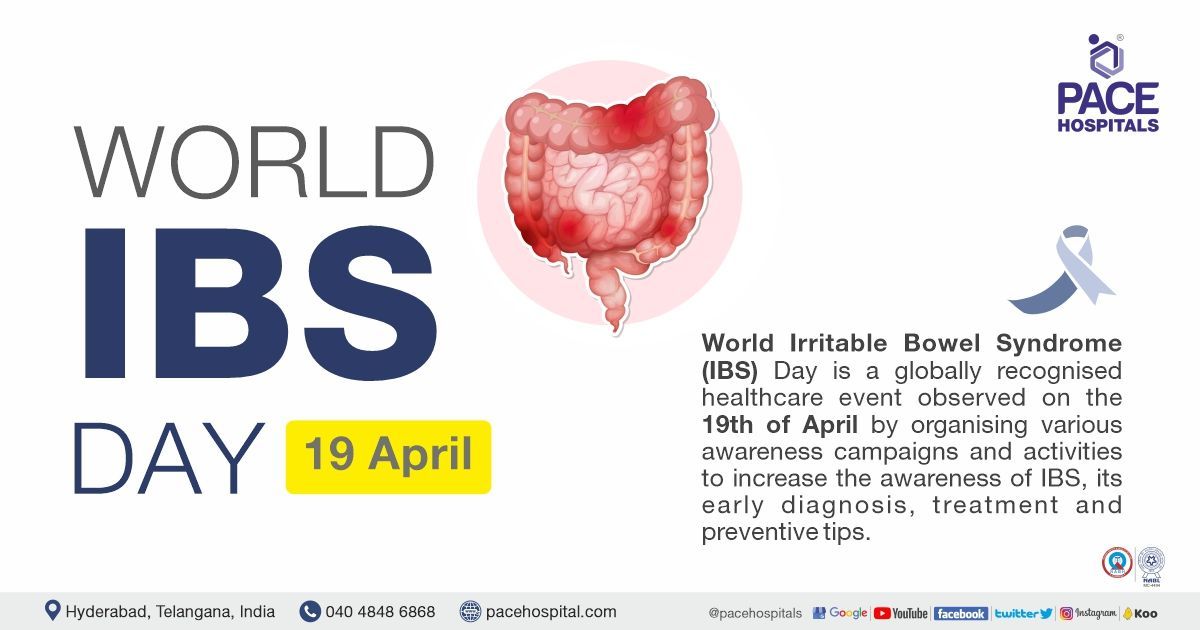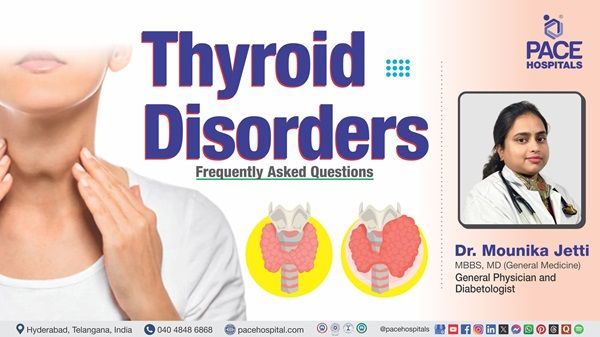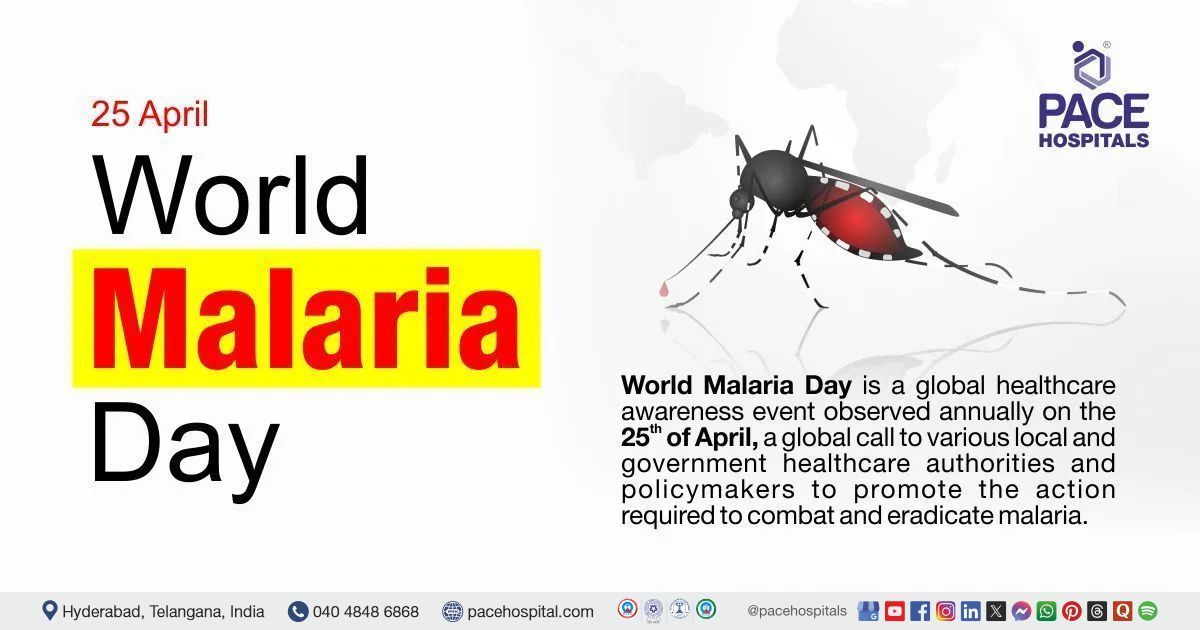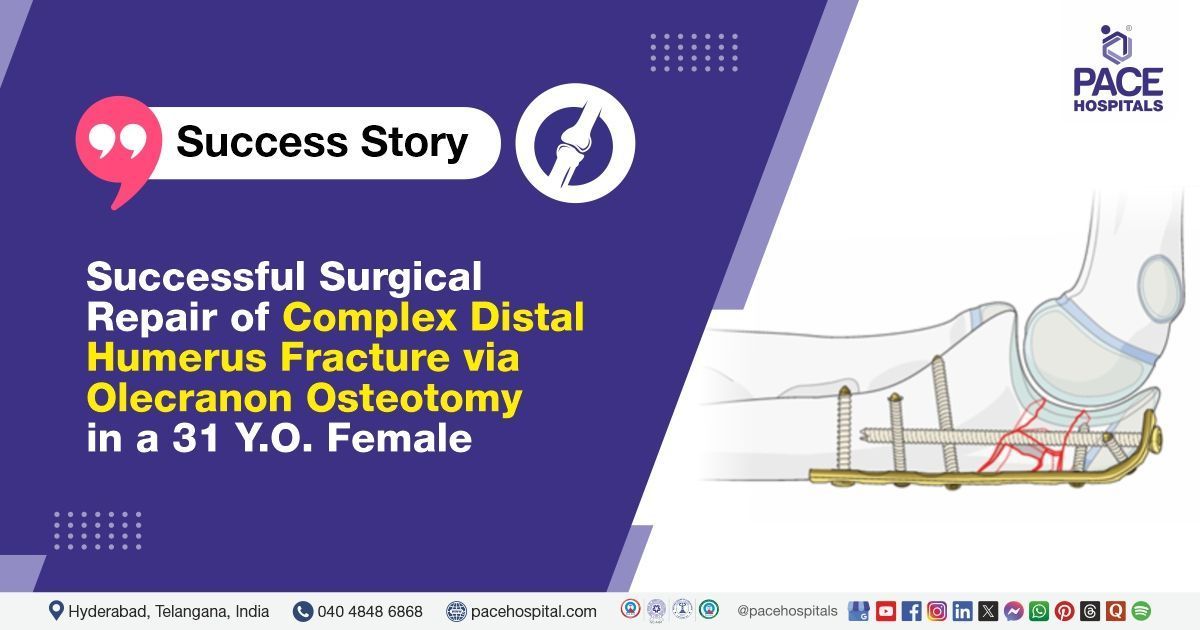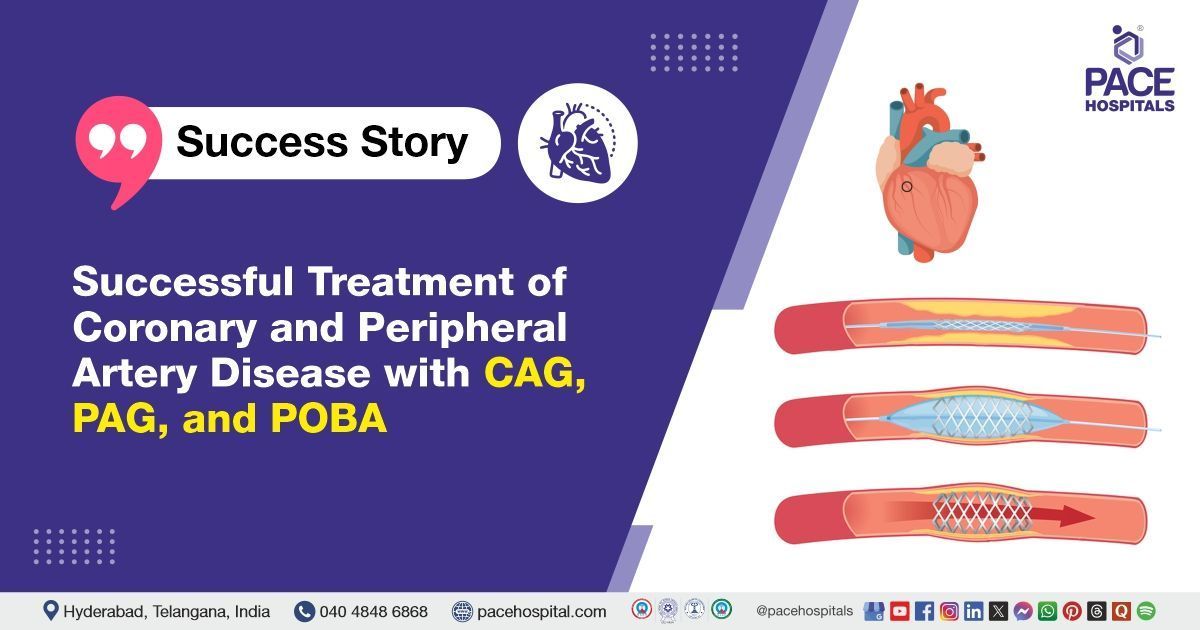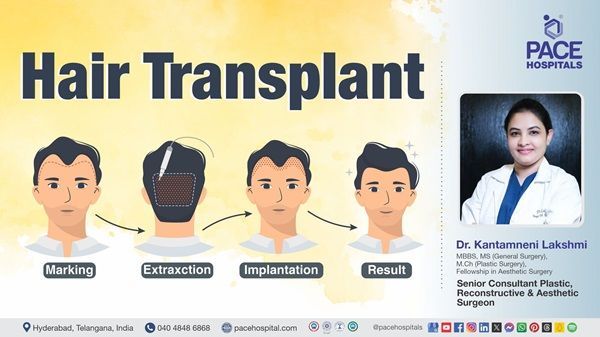Best Prostate Specialist in Hyderabad for All Types of Prostate Problems
✅ Recommended by 8,925 Happy Patients. Get hassle-free appointments with prostate specialist doctors.
Dr. Abhik Debnath
MBBS, MS (General Surgery - IMS, BHU), MCh (Urology - CMC Vellore), DNB (Urology)
Experience : 11+ years
Consultant Laparoscopic Urologist, Endourologist, Andrologist & Kidney Transplant Surgeon
Specialist
Specialist in Urological conditions - Kidney stones, Bladder stones, Ureteral stones, Urinary tract infections, Pelviureteric junction obstruction, Chronic kidney disease, Bladder infections, Enlarged prostate, Hydrocele, Overactive Bladder, Interstitial Cystitis, Haematuria, Sexually transmitted infections, Paediatric urological conditions (undescended testicles and bedwetting), Urethral stricture, Urofacial syndrome, Bladder exstrophy, Hydronephrosis, Cancer conditions (bladder cancer, kidney tumour, testicular cancer and prostate cancer), etc.
Expertise
Minimally invasive procedures (endoscopic, laser, laparoscopic and robotic) that includes Renal transplantation and AV fistula creation, Double J stenting, Ureteroscopic lithotripsy (URL), Retrograde intrarenal surgery (RIRS), Percutaneous nephrolithotomy (PCNL), Percutaneous cystolithotomy (PCCL), Cystolitholapaxy, Transurethral resection of the prostate (TURP), Holmium laser prostate surgery (HoLEP), Transurethral resection of bladder tumour (TURBT), Direct vision internal urethrotomy (DVIU), urethroplasty, perineal urethrostomy, etc. In addition, he has special interests in diagnosing and treating overactive or underactive bladder, neurogenic bladder, voiding dysfunction, urological cancers, and urological stones.
Consultation Timing:
Mon to Sat - 9 am to 6 pm
Location:
PACE Hospitals, Hitech City
Dr. K Ravichandra
MBBS, MS (General Surgery), MCh (Urology)
Experience : 10+ years
Consultant Laparoscopic Urologist, Andrologist & Kidney Transplant Surgeon
Specialist
Specialist in Urinary tract infections, Kidney stones, Pelviureteric junction obstruction, Bladder stones, Ureteral stones, Bladder infections, Chronic kidney disease, Enlarged prostate, Overactive Bladder, Hydrocele, Interstitial Cystitis, Sexually transmitted infections, Haematuria, Urethral stricture, Bladder exstrophy, Hydronephrosis, Cancer conditions (bladder cancer, kidney tumour, testicular cancer and prostate cancer), etc.
Expertise
Ureteroscopic Lithoripsy (URSL), Retrograde Intrarenal Surgery (RIRS), Double-J stenting, Percutaneous Nephrolithotomy(PCNL), Percutaneous Cystolithotomy, Cystolitholapaxy, Transurethral Resection of Prostate(TURP), Nephrectomy, Direct Visual Internal Urethrotomy etc.
Consultation Timing:
Mon to Sat - 9 am to 6 pm
Location:
PACE Hospitals, Hitech City
Dr. Vishwambhar Nath
MBBS, MS (General Surgery), DNB (Urology), M.Ch (Urology)
Experience : 40+ years
Senior Consultant Urologist & Renal Transplant Surgeon
Specialist
Specialist in Minimally Invasive treatments for Kidney Stones, BPH and Bladder Dysfunction, and Urological Cancers with a special interest in Bladder Cancer, Kidney Transplantation, and Laparoscopic and Robotic Urology.
Expertise
Medical and Surgical Treatment for BPH and Bladder Dysfunction, Urological Cancers, Reconstructive and tropical Urology, Minimally Invasive treatments for Kidney Stones, Kidney Transplantation, Evidence-Based Medicine, and Bringing the Art Back Into the Science of Medicine.
Consultation Timing:
Mon, Wed, Fri - 11 am to 1 pm
Location:
PACE Hospitals, Hitech City
Prostate Gland Specialist Doctors in Hyderabad for Prostate Problems
PACE Hospitals is a leading healthcare provider known for its exceptional uro-onco care also renowned for having one of the Best Prostate Specialist in Hyderabad, India. Our team of highly skilled and experienced urologists, uro-oncologists are experts in the diagnosis and treatment of prostate problems, including including benign prostatic hyperplasia (BPH), prostatitis, and prostate cancer.
We are equipped with state-of-the-art and cutting-edge facilities that offer a wide array of comprehensive care that includes advanced imaging systems, endoscopic equipment, minimally invasive surgeries (laser, laparoscopic and robotic) to manage a broad spectrum of prostate conditions and provide our patients with the best possible care, and are committed to helping each and every patient achieve their desired outcomes.
We offer a wide range of treatment options, including medication, lifestyle changes, and surgical procedures such as radical prostatectomy, transurethral resection of the prostate (TURP), simple prostatectomy, robotic-assisted laparoscopic prostatectomy, laser surgery, transurethral incision of the prostate (TUIP), and open prostatectomy. Our team will work with patient to develop a personalized treatment plan that meets their unique needs. PACE Hospitals is committed to improving patient outcomes and delivering compassionate medical and surgical care with excellence and compassionate approach, with a focus on improving outcomes and quality of life, making them the top choice for anyone looking for the Best Prostate Doctor in Hyderabad, Telangana, India.
Frequently Asked Questions (FAQs) on Prostate Problems
Are men with a sedentary lifestyle more prone to prostate enlargement?
Yes. Men who lead a sedentary life are more prone to develop benign prostatic hyperplasia (enlarged prostate). Research states that, men who exercise for five or more hours per week were 30% to 50% less likely to develop BPH compared to men who exercise less than two hours per week. Men with the greatest levels of both work and recreational physical exercise were 60% less likely to develop this condition.
What are the main risk factors for developing an enlarged prostate?
The main risk factors that may induce benign prostatic hyperplasia in men include, aging (increased age), diabetes (increased blood glucose), family history, smoking, unhealthy diet, high blood pressure, lack of physical exercise.
What complications can arise from untreated BPH?
If left untreated benign prostatic hyperplasia (enlarged prostate) can induce complications such as, acute urinary retention, bladder calculi (stones), chronic urinary retention, decompensated bladder, detrusor hypotonicity, elevated PSA (prostate specific antigen) unrelated to prostate cancer, hematuria (blood in urine), hydronephrosis (kidney swelling), incomplete bladder emptying, renal failure (kidney failure), suprapubic distension or discomfort, UTIs-urinary tract infections (due to incomplete emptying) and weak or intermittent urinary stream .
Can BPH (prostate enlargement) cause kidney damage if left untreated?
Yes, if left untreated, BPH (prostate enlargement) can cause kidney damage. The urethra, which transports urine from the body, passes via the prostate. When the prostate enlarges due to BPH, it can compress the urethra and disrupt the flow of urine. When urine cannot be carried out of the body, renal failure (kidney failure) can occur.
Is BPH a lifelong condition?
The course of benign prostatic hyperplasia (BPH) in any individual is unpredictable. According to some research, symptoms and objective assessments of urethral blockage can stay stable for years and even improve with time in up to one-third of men.
Is BPH more prevalent in certain age groups?
Yes, benign prostatic hyperplasia (BPH) is more prevalent among older men. The prevalence of BPH in men is estimated to be 50% in those between the ages of 51 and 60 years old, 70% in those between the ages of 60 and 69 years old, and approximately 80% in those over the age of 70 years.
Is BPH more common in men with certain medical conditions, like diabetes or obesity?
Yes, BPH (benign prostatic hyperplasia) is a condition that is influenced by age,
obesity (overweight), and elevated blood glucose (diabetes). It may be possible to prevent and slow down the progression of BPH in older diabetic patients by improving blood sugar and body weight control.
At what age should men start screening for enlarged prostate (BPH)?
As the prevalence of prostate enlargement is high in old age men, screening for prostate related problem should start at the age of 45.
Are there any warning signs that indicates BPH is getting worse?
The warning signs that may indicate that the benign prostatic hyperplasia is getting worse include:
- Difficulty in starting or stopping urinating
- Weak urine flow
- Straining to urinate
- Not completely emptying the bladder
- Dribbling after urination
- Urge to urinate
- Nocturia (frequent urination during nighttime)
Is difficulty in starting urination a symptom of BPH?
Yes, difficulty in starting to urinate is a symptom of Benign Prostatic Hyperplasia (BPH). BPH is a disorder in which the prostate gland enlarges and blocks urine passage through the urethra. This can cause many urinary symptoms, such as, a weak or disrupted urine stream, frequent urinating especially at night, urgent need to urinate, and incomplete bladder emptying.
Is weak or interrupted urine flow a sign of an enlarged prostate?
Yes. A weak or interrupted urine flow can be an indication of an enlarged prostate. However a weak or interrupted urine flow is also seen in prostate infection and
urinary tract infection.
Can an enlarged prostate lead to blood in the urine?
Yes, an enlarged prostate can cause blood in the urine, commonly known as hematuria. This can occur because an enlarged prostate presses on the urethra and bladder, causing urinary symptoms such as blood in the urine. Other symptoms include frequent or quick need to urinate, nocturia (frequent urination during nighttime), difficulty urinating, leakage of urine, and pain during urination or after ejaculation.
Can frequent urinary tract infections increase the risk of BPH?
A urinary tract infection (UTI) does not cause benign prostatic hyperplasia (BPH); however, BPH can lead to UTIs. When the prostate expands due to BPH, it can restrict urine flow and create an environment for bacteria to grow rapidly, causing a urinary tract infection (UTI).
Are there risks of sexual dysfunction due to the complications of an enlarged prostate?
Yes. Men with benign prostatic hyperplasia (BPH), a noncancerous enlargement of the prostate, may also develop
erectile dysfunction and ejaculatory issues. Although BPH does not cause these difficulties, some of the therapies that are used for BPH can.
What tests are used to diagnose an enlarged prostate?
To diagnose benign prostatic hyperplasia (enlarged prostate) the
urologist, after taking the medical history, family history, and performing physical examination may recommend diagnostic tests such as urine tests, PSA blood test (prostate-specific antigen test).
Urodynamic testing to see how well the patient can hold and release urine, cystoscopy to look inside the urethra and bladder, ultrasound pictures of the prostate and urinary tract to rule out enlarged prostate gland.
What is a PSA (Prostate-Specific Antigen) test, and why is it important for enlarged prostate (BPH)?
The prostate gland produces a protein called prostate-specific antigen (PSA), which helps to liquefy (make or become liquid) and transport sperm. A PSA test analyses the level of PSA in the blood to assist in screening and managing prostate-related issues.
PSA values are typically greater in those with enlarged prostates. Some physicians may utilize PSA density to help decide whether to take a biopsy, because a high PSA density (above 0.1) is more likely to be connected to prostate cancer.
What is a urine flow test, and how does it help in diagnosing enlarged prostate (BPH)?
By measuring the strength and speed of the urine flow, a urine flow test, also called uroflowmetry, can assist in the diagnosis of benign prostatic hyperplasia, or BPH, an enlarged prostate.
What are the treatment options available for the enlarged prostate treatment?
The treatment of an enlarged prostate developed from addressing only life-threatening complications of severe obstruction to including the relief of minor levels of prostate gland enlargement symptoms.
Pharmacological treatment of benign prostatic hyperplasia (benign prostatic hyperplasia medications)
- Alpha adrenergic antagonists
- 5 alpha reductase inhibitors
- Anti cholinergic drugs
- Diuretics
- Phosphodiesterase (PDE-5) inhibitors
Combination therapy (combination of two or more medicine) may be given enlarged prostate treatment especially if the cases are presented with severe symptoms.
Nonpharmacological treatment of benign prostatic hyperplasia (treatment without using medicine)
While modern innovations have developed medicine for enlarged prostate, urologists may initially opt for nonpharmacological treatment of prostate enlargement. It includes:
- Avoidance of liquids at nighttime could reduce the chances of nocturia (frequent urination at night) that is seen with enlarged prostate.
- Exercise for enlarged prostate includes pelvic floor exercises which prepare stronger pelvic muscles, to support the urinary bladder and help control urine outflow.
- Avoid medicines such as decongestants (medicines used for blocked nose) and antihistamines (medicines used for allergies) as they make the muscle that control urine outflow harder eventually leading to difficulty in urination.
- Manage constipation.
- Avoiding the intake of alcohol and caffeinated liquids.
- Teaching the bladder to retain more urine over extended periods of time.
Enlarged prostate surgery
- Transurethral resection of prostate
- Transurethral incision of prostate
- Open prostatectomy
- Laser surgery
- Photo selective vaporization of the prostate (PVP)
- Prostatic urethral lift (urolift)
- Aquablation
- Holmium and thulium laser enucleation of the prostate
- Transurethral microwave thermotherapy
- Selective prostatic artery embolization
When is surgery needed for an enlarged prostate?
Surgery may significantly decrease the complications associated with a benign enlarged prostate. It is considered if other therapies do not provide adequate relief, or if the enlarged prostate continues to cause concerns such as urinary tract infections.
Are there minimally invasive procedures available for treating BPH?
Benign Prostatic Hyperplasia (BPH) can be treated with a number of minimally invasive procedures, such as prostatic urethral lift (PUL), water vapour thermal therapy (also known as Rezūm), transurethral microwave thermotherapy (TUMT), transurethral needle ablation (TUNA), and prostatic arterial embolisation. These procedures are frequently thought of in cases where a patient is not a good enough for more invasive surgery, such as TURP (transurethral resection of the prostate).
Is laser therapy a safe option for treating an enlarged prostate?
Yes, laser therapy is a safe and effective way to treat an enlarged prostate. Laser therapy has a reduced risk of complications than conventional prostate treatments. It may be a useful alternative for men who take blood thinners or have bleeding issues.
What is UroLift, and how does it help with BPH?
The UroLift is a non-invasive technique to treat benign prostatic hyperplasia (BPH). It reduces prostate enlargement, which prevents urine from flowing through the urethra.
The patient is given moderate sedation throughout the procedure, which lasts less than an hour. The urologist puts small implants into the urethra to get the enlarged prostate out of the way. They are left in place to elevate or hold the enlarged prostate tissue out of the way. Because the urethra is no longer obstructed by swelling tissues, urine can be expelled without difficulty. "UroLift has no sexual side effects (such as erectile dysfunction or lack of interest) which unfortunately are an issue found with medications for BPH.
Are minimally invasive treatments effective for all stages of BPH?
No, minimally invasive treatments are not usually regarded as effective for all stages of BPH; while they can be beneficial for mild to moderate cases, more severe cases of BPH may necessitate traditional surgical interventions such as TURP (transurethral resection of the prostate) due to the larger amount of prostate tissue that must be removed.
Can minimally invasive treatments for BPH preserve sexual function?
Yes, minimally invasive treatments for Benign Prostatic Hyperplasia (BPH) are generally considered to have a higher chance of preserving sexual function compared to traditional surgical methods. Procedures like prostatic urethral lift (PUL) and water vapour thermal therapy are often cited as options that aim to minimize impact on sexual ability.
How soon one can return to normal activities after a minimally invasive BPH treatment?
Recovery from a minimally invasive procedure typically takes 2 to 3 days. During recovery, men may have transient symptoms such as blood in their urine or a burning feeling when urinating, which can persist a few days or longer in certain situations. The concerned surgeon may advise the patient regarding the time to resume the normal activities.
How long does a minimally invasive procedure take to perform?
Minimally invasive surgeries for benign prostatic hyperplasia (BPH) might take 20 to 60 minutes to complete, depending on the procedure, for example:
- Urolift: A minimally invasive treatment that alleviates BPH symptoms without cutting or heating. This procedure last for about 60mins
- Transurethral incision (TUIP): The surgeon makes small cuts in the prostate where it touches the bladder expanding the urethra. This treatment lasts 20 to 30 minutes, and most men can return home the same day.
- Transurethral resection of the prostate (TURP): A common BPH surgery procedure that uses a resectoscope to remove tiny portions of the prostate. This process normally takes 45 minutes to an hour.
Which doctor to consult for UTI in male?
Male with a urinary tract infection (UTI) should consult a urologist. They specialize in the urinary tract and male reproductive system, making them well-equipped to diagnose and treat UTIs in men, including any underlying conditions contributing to the infection.
While a general physician can manage straightforward UTIs, it is recommended to consult a urologist in the following scenarios:
- Persistent UTIs: If you are prone to recurrent UTIs, a urologist can examine potential underlying causes and suggest appropriate treatment plans.
- Severe symptoms: In cases of severe symptoms such as fever, chills, or blood in the urine, seeking a urologist's expertise is advised.
- Pre-existing medical conditions: If you have any medical conditions that could heighten your risk of UTIs, like an enlarged prostate or kidney stones, a urologist can offer comprehensive care.
Testimonials
Experts perspective
Related articles

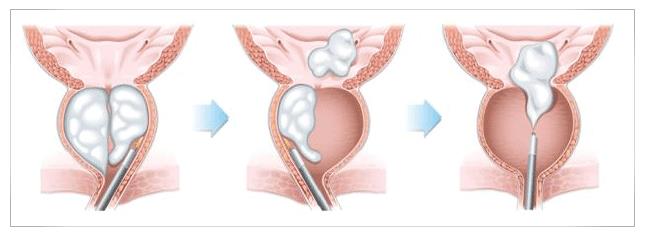
Why choose PACE Hospitals?
- A Multi-Super Speciality Hospital.
- NABH, NABL, NBE & NABH - Nursing Excellence accreditation.
- State-of-the-art Liver and Kidney transplant centre.
- Empanelled with all TPA’s for smooth cashless benefits.
- Centralized HIMS (Hospital Information System).
- Computerized health records available via website.
- Minimum waiting time for Inpatient and Outpatient.
- Round-the-clock guidance from highly qualified urologists, uro-oncologists & general physicians.
- Standardization of ethical medical care.
- 24X7 Outpatient & Inpatient Pharmacy Services.
- State-of-the-art operation theaters.
- Intensive Care Units (Surgical and Medical) with ISO-9001 accreditation.
Share on
Request an appointment
Fill in the appointment form or call us instantly to book a confirmed appointment with our super specialist at 04048486868





